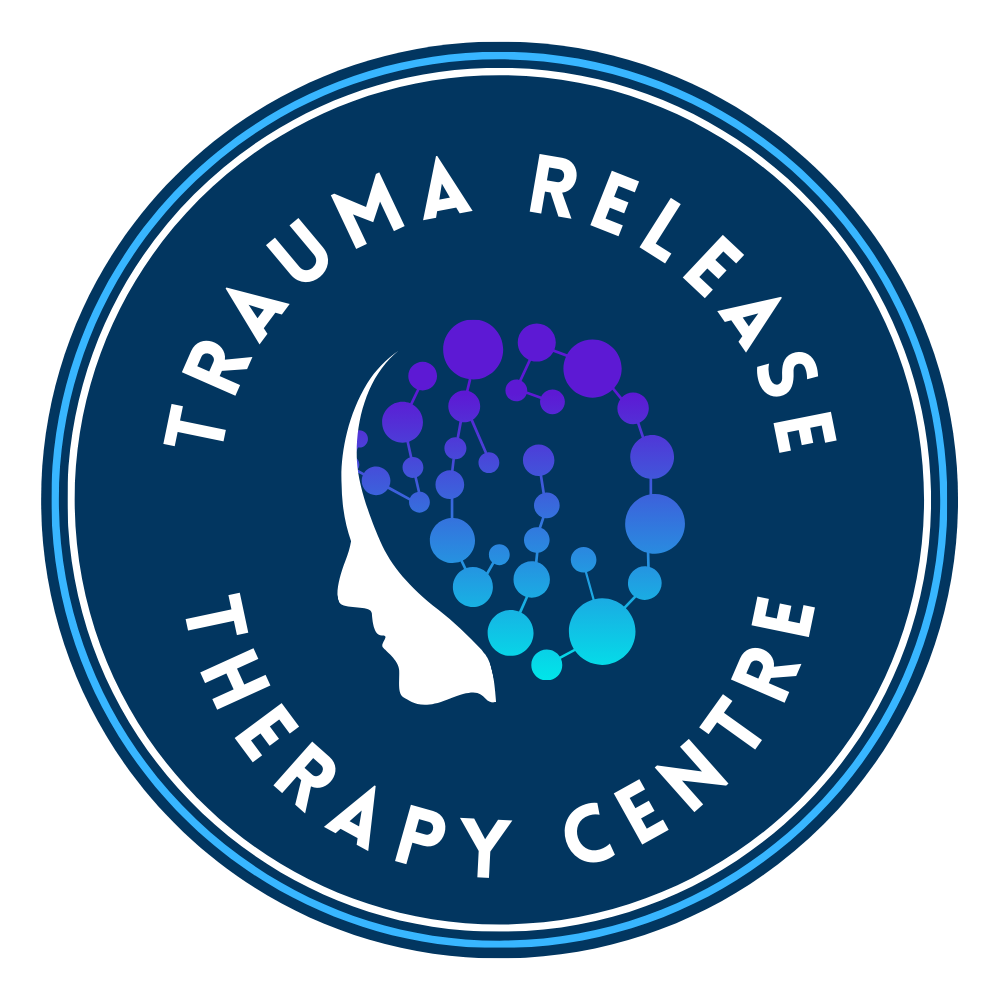When someone is traumatised, sleep is often disrupted by bad dreams, flashbacks, or through simply having a body and mind that are hypervigilent and can’t relax.
Regular and good sleep is extremely important to help you function at your best. Sleepless nights often lead to increased levels of depression and anxiety, and increased difficulty in decision making.
Most people need 7 – 8 hours of sleep per evening to function well. So what can you do to increase your chances of having a good night’s sleep?
- Give yourself a chance to relax and unwind before going to bed. Look at ways to make your life less stressful.
- Exercising, computer games and TV can disturb or delay sleep if too close to bedtime.
- Many over the counter and prescription drugs can disturb sleep. If you feel this may be the case, talk to your doctor. There may be other options for you.
- Eating too close to bedtime can cause heartburn and discomfort in the chest. Avoid late meals. Any snack before bedtime should be small and light.
- Try to limit your fluids before bedtime so that you don’t have to get up to go to the toilet during the night.
- The caffeine in tea and coffee is a stimulant that prevents you sleeping well. Alcohol may make you drowsy, but your sleep will be very restless. Sleeping tablets are OK to use occasionally (with your GP’s recommendation), but not regularly as they are addictive.
- Hypnotherapy, meditation and slow breathwork allows you a natural and relaxing way for you to switch off and fall asleep.
